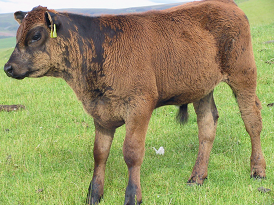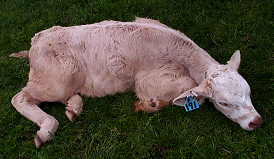
Potassium Deficiency In Animals. Elevated BUN blood urea nitrogen and creatinine levels in cats with. Potassium is essential for life. Serum biochemical analysis is required to confirm a suspected diagnosis of hypokalemia. If you see any of the following signs of hypokalemia in your dog then get to your vet right away.

Potassium is essential for life. Most animals will be weak and some will be recumbent. Lethargy Vomiting Loss of appetite Weight loss Constipation Muscle pain Weakness Unusual gait Unwillingness to walk or move Difficulty breathing because of paralysis in respiratory muscles Increased. In companion animals treatment includes IV drip infusion of sodium phosphate salt solutions or monopotassium phosphate solutions in patients with concomitant hypokalemia. Additionally animals with normal kidney function should readily excrete unnecessary potassium. In mild cases dogs may not display low potassium symptoms but as the deficiency becomes more severe your dog may show signs such as.
Potassium is essential for life.
It is the most abundant cation in the intracellular fluid where it plays a key role in maintaining salt balance between cells and body fluids. If potassium acts on dogs and cats in a similar way to other non-ruminant mammals the main symptoms would be increased water intake and urine volume food aversion and gastroenteritis. A serum potassium concentration. Urine specific gravity to determine how concentrated the urine is as well as. Elevated BUN blood urea nitrogen and creatinine levels in cats with. Most animals will be weak and some will be recumbent.